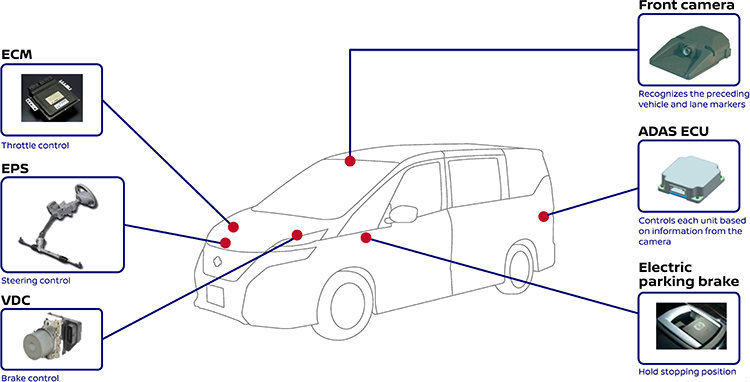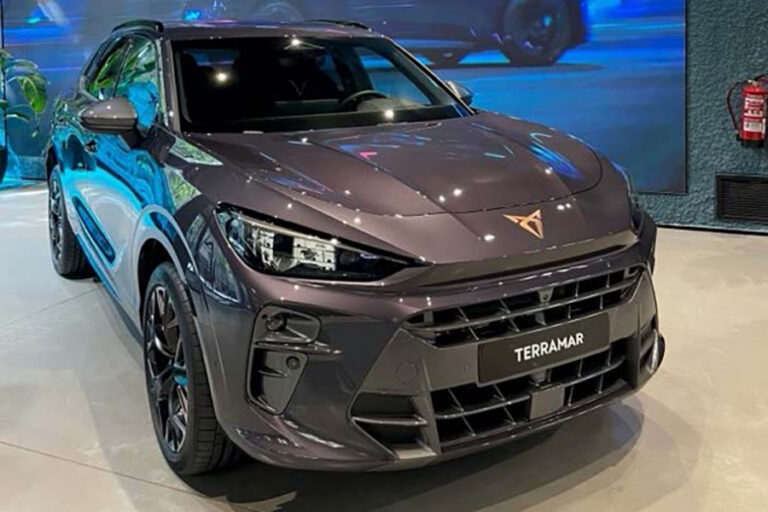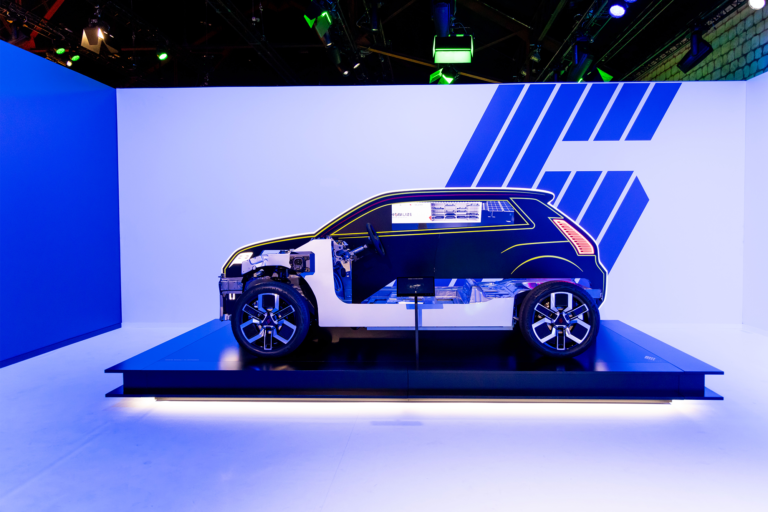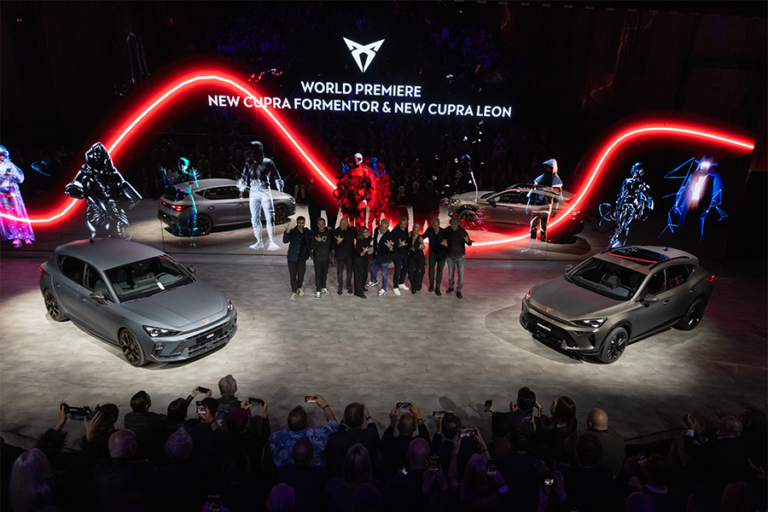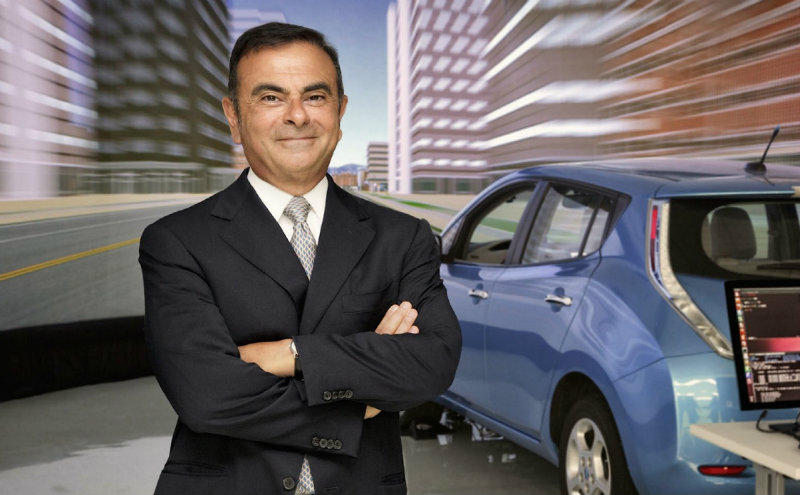
How has Nissan’s technology leadership in electric vehicles (EVs) positioned
the company for the future?
Nissan was the pioneer in EVs and battery technologies. We introduced the first mass-market, affordable EV, the Nissan LEAF, in 2010. At the time, our competitors didn’t believe in EVs. Now, they are trying to catch up to us. We fully intend to keep our advantage as other automakers begin to announce their own plans: we have already announced that a new LEAF will be coming soon, with autonomous drive capabilities; we are developing low-cost electric cars in China; and we have electric vehicles coming in different segments of the market, in addition to the LEAF.
When will we see EVs making real inroads into the market?
The situation today is much better than it was five years ago. Progress has been slow, but it’s now accelerating as batteries are getting better and cheaper; competition and knowledge in the sector is improving, infrastructure is expanding and more countries are putting in place incentives that support electric cars. At this pace, some industry analysts are predicting that EV sales could be anywhere from 20%-30% of the urban market by 2030—a jump from less than 1% in 2015.
“We’ll see more change in our industry in the next 10 years than we’ve seen in the last 50”.
Carlos Ghosn, Chairman of the Board, Nissan
What sort of interest are you seeing in autonomous driving from consumers?
We are starting to see customer acceptance evolving. Last August we introduced ProPILOT technology on the Nissan Serena minivan in Japan. ProPILOT is a paid, optional autonomous drive system for use in a single-lane on highways. When activated, it keeps the car centered by reading lane markers, measuring the distance between your car and the vehicle in front of you, and controlling the steering.
More than 60% of customers who have purchased this model have already chosen this option in Japan, at an added cost. Many have told us that they cannot imagine owning a vehicle now without this functionality.
How do you think connected cars will improve quality of life?
In the U.S., the average driver spends around an hour in the car per day with hands on the wheel, eyes on the road. The connected car revolution—linked with the rise of autonomous drive—will enable drivers to use this time more productively. Together, connected vehicle technology and autonomous drive are about giving drivers more choices and less stress because the car is working as your partner in the same way you rely on your mobile phone today.
How will major disruptions in technology change the automotive industry?
We are already seeing the disruptive triangle of autonomous drive, electrification, and connected vehicle technologies changing how vehicles are powered, driven, and integrated into society. The technological disruptions are shaping not just the car of the future, but the
car company of the future. Nissan has always been a company focused on
innovation, so we will build on that history to adapt. We are going to have to look beyond our core business of car making toward new areas, such as in mobility services and/or ownership models that meet the needs of a range of consumers![]()
